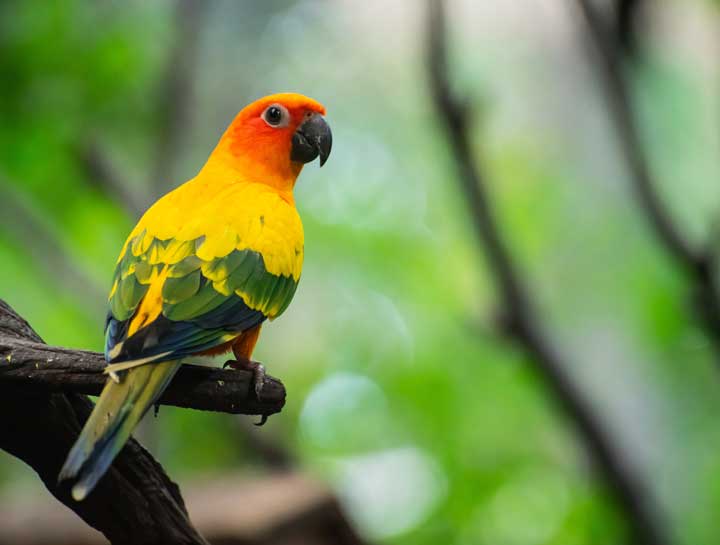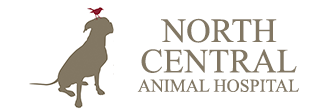Beak Trimming
Place your bird's care into the loving hands of a premium Phoenix aviary vet.
If you are an exotic bird owner in Phoenix, North Central Animal Hospital is home to one of the best avian veterinary practices available anywhere. With her years as a certified avian veterinarian, Dr. Hillary Frank has extensive medical knowledge of many different kinds of birds, their various health conditions, and how to treat them. Dr. Frank utilizes state-of-the-art diagnostic and surgical equipment and is up to date on all the latest treatment modalities to assure your pet receives the best care possible.
Caring for Your Bird's Beak
The state of a bird's beak can be an indication of its overall health. It should have a symmetrical appearance with an absence of unusual textures, such as peeling, and should not have unusual discolorations. These things can be indicative of serious health problems and should be brought to the attention of your vet right away. However, some birds, such as cockatoos, are known as powder-down birds, so do not be alarmed to see a powdery substance on their beaks.
Beak Diseases or Disorders
Exotic bird owners sometimes notice beak conditions, such as flakiness, which could be indicative of a vitamin deficiency. A beak that grows abnormally can also be a symptom of liver disease.
Hepatic lipidosis or fatty liver disease occurs when an overabundance of fat is deposited in the animal's liver. It shows up most often in cockatiels, budgies, Amazon parrots, cockatoos, lovebirds Quaker parrots. This condition is considered quite serious and can lead to your pet's death without early treatment.
Dr. Frank is knowledgeable about hepatic lipidosis and utilizes state-of-the-art diagnostic, treatment, and surgical equipment to assure optimal care for your exotic bird. It is important to see your veterinarian should any of these symptoms present themselves.
Beak Trimming
Captive birds should not need regular beak trimming to help keep their beaks healthy. If your bird's beak is growing long or is changing in shape or consistency, it is important to establish a good relationship with your avian veterinary practice to evaluate the cause of this abnormal growth. Allowing a beak to become overgrown may interfere with the animal's ability to eat. This could lead to weight loss and other associated problems that can lead to beak deformities.
Please call (602) 395-9773 to schedule an appointment with Dr. Hillary Frank to discuss your bird's health and the importance of beak trimming and how it relates to liver disease.

